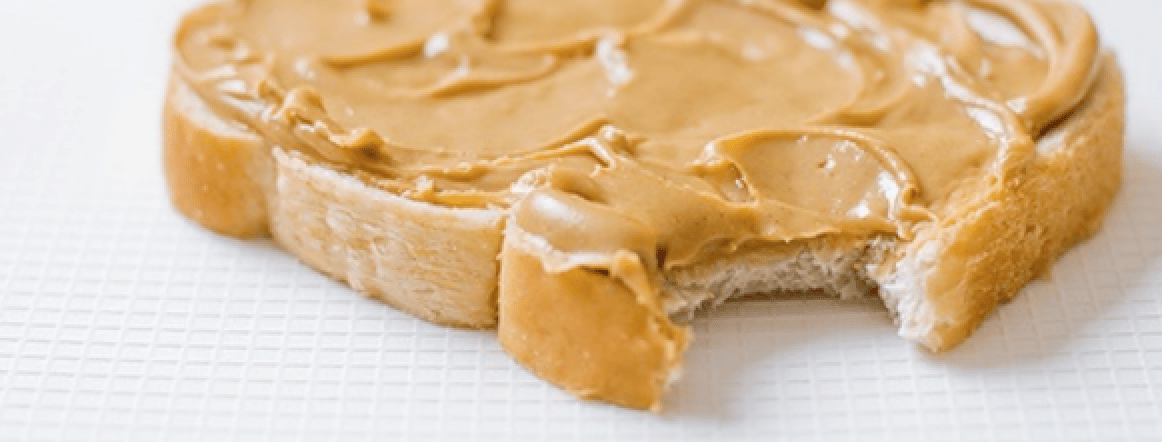Breakthrough in long term peanut tolerance

A recent study by the Murdoch Children’s Research Institute in Melbourne has found that long lasting tolerance to peanuts can be achieved.
The study monitored a group of children over a period of 18 months, who were given a course of immunotherapy and probiotics for their peanut allergy. The goal was to desensitize these children to peanuts by gradually introducing a peanut allergen in the form of flour into their diet, along with a probiotic that contained Lactobacillus rhamnosus.
In this pilot trial, led by Professor Mimi Tang, 82% of children showed no adverse reactions to eating peanuts when tested a few weeks after completing the course of immunotherapy compared with 3.6% who were receiving a placebo.
Perhaps what’s even more exciting is that four years after the intervention, 16 of the 24 children in the immunotherapy group were still able to eat peanuts while only one child of the 24 in the placebo group could tolerate them. Many of the children in the treatment group continued to eat peanuts even after the trial finished.
“Allergic reactions from intentional peanut ingestion were uncommon, and all reactions were mild, suggesting that those who achieved [immunotherapy]-induced sustained unresponsiveness can safely continue peanut ingestion,” the researchers said.
The researchers noted that the intervention did not affect skin-prick tests for other food allergens, which suggested that the probiotic alone was probably not responsible for the beneficial effects on allergic response.
“Ours is the first study to show prolonged eight-week sustained unresponsiveness several years after treatment has ceased and suggests the possibility that tolerance is a realistic target for food allergy treatments,” they concluded.
The researchers are now embarking on an expanded trial, where 200 children with food allergy will be treated with an improved immunotherapy formulation, according to Prota Therapeutics, the commercial spin-off from the Murdoch Childrens Research Institute.
The above information has been sourced from an article featured in ‘Australian Doctor’ dated 16 August, 2017, Authored by Michael Woodhead.



